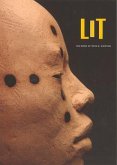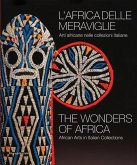A groundbreaking reevaluation of paleolithic art through the lens of modernism, from the acclaimed historian of art and architectureIn The Beginnings of Art, Sigfried Giedion, best known as a historian of architecture, shifts his attention to art and its very origins. Breaking with an earlier, materialistic approach, he explores paleolithic art by bringing abstraction, transparency, and simultaneity into play as modern art has revealed them anew. Focusing on the dual concepts of constancy and change, he examines paleolithic paintings, engravings, and sculpture, as well as modern art and recent examples of âprimitive art.â? He argues that the two keys to the meaning of prehistoric art are the symbol, portraying reality before reality exists, and the animal as humankindâ¿s superior in the unified primordial world in which both human and animal were embedded. The result is a highly original and important study of prehistoric art.








